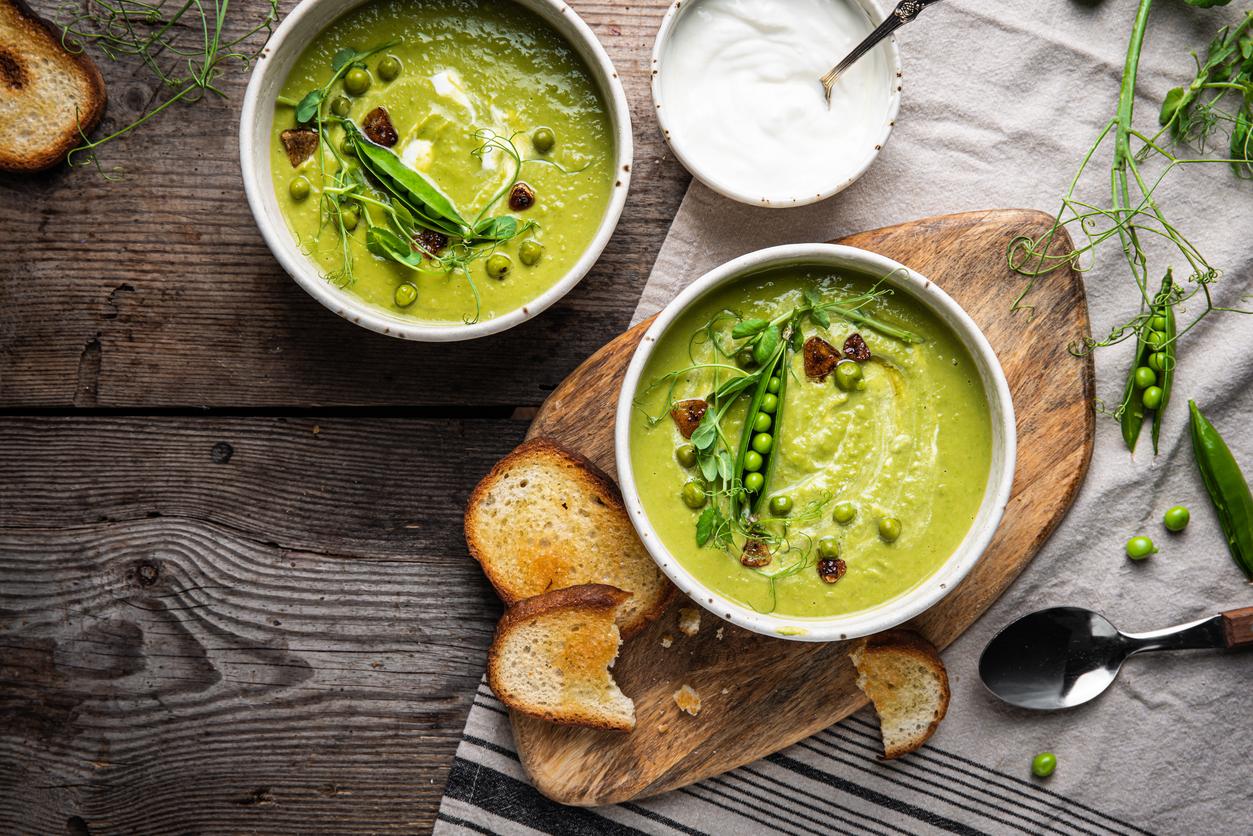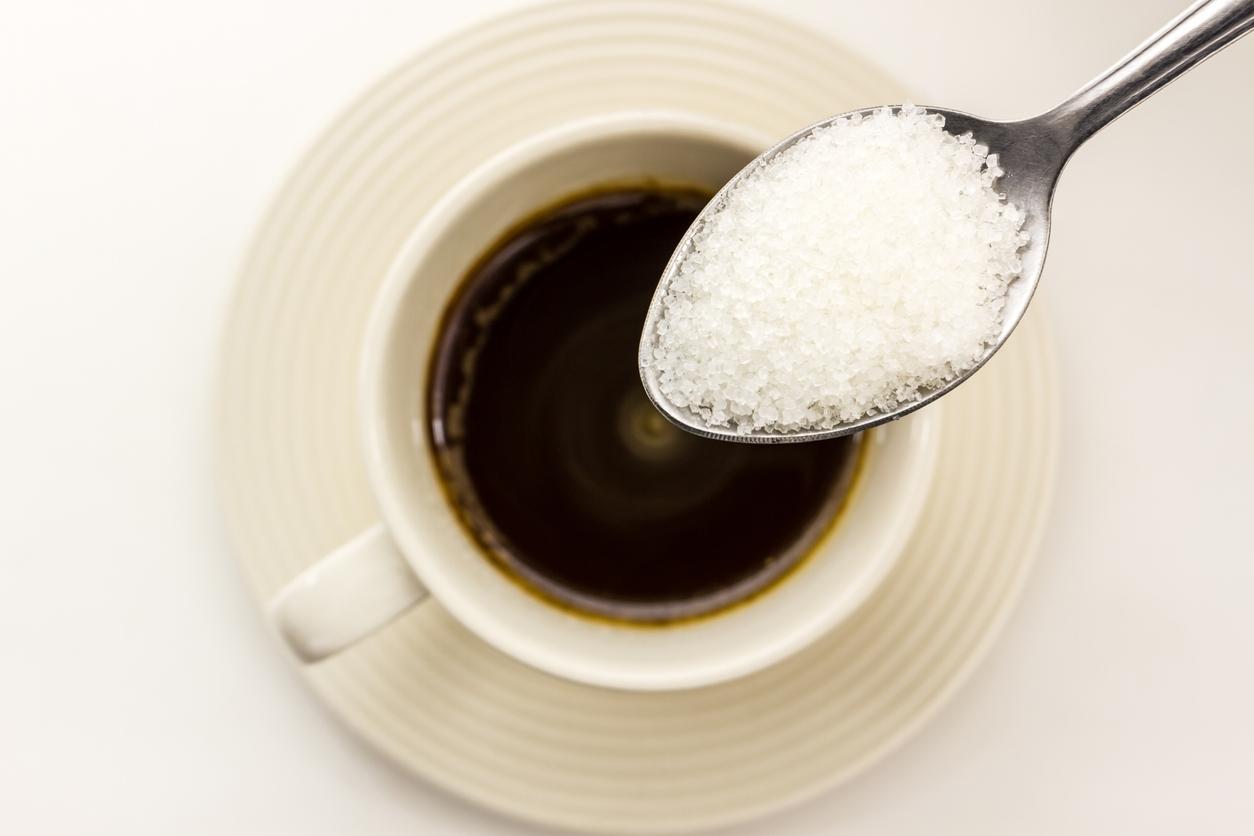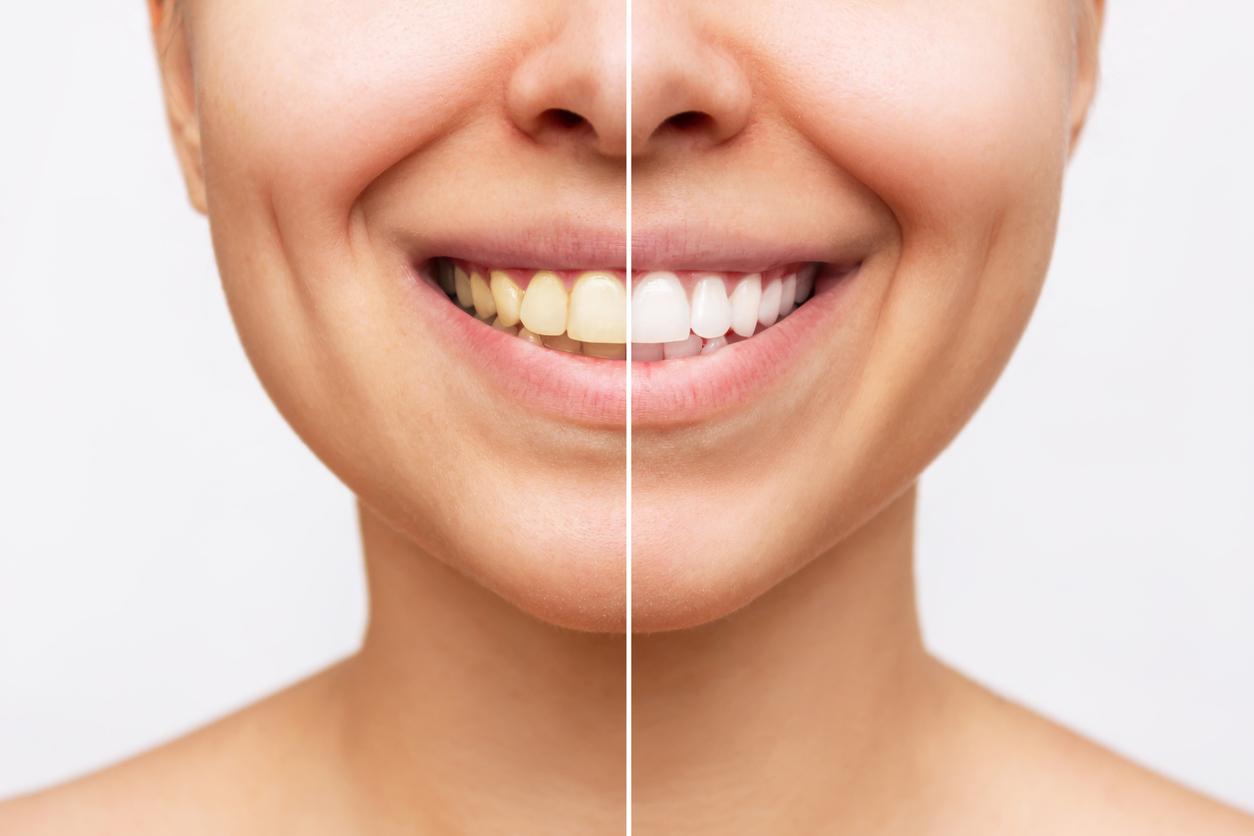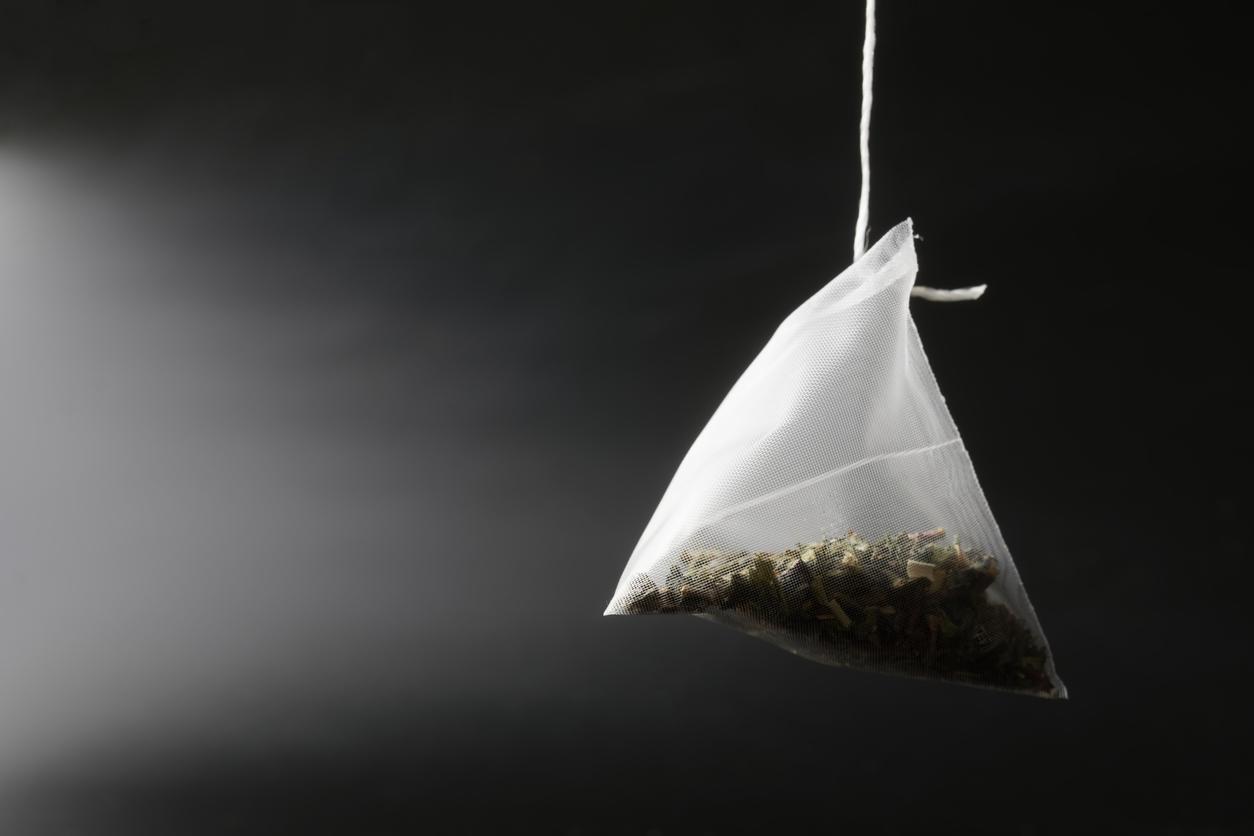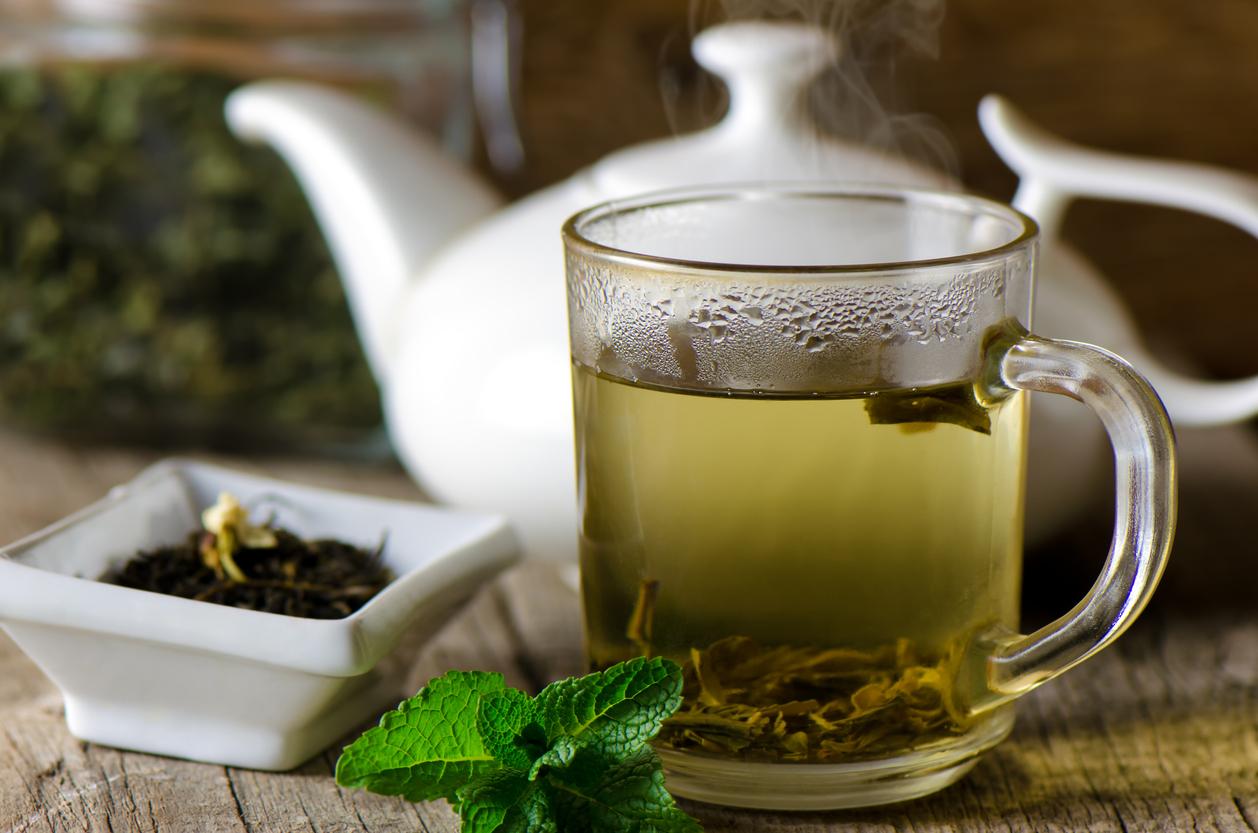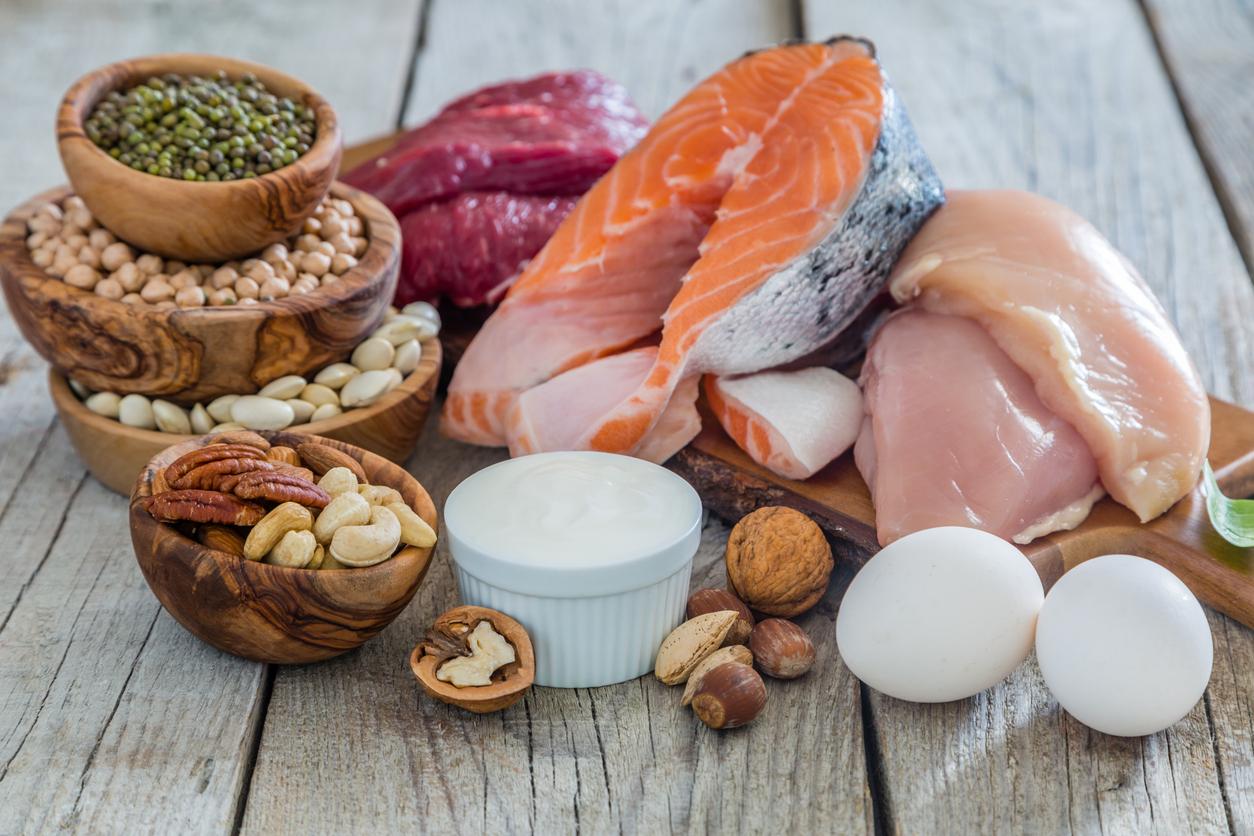Tea and coffee are among the most widely consumed beverages in the world, each with its ardent supporters. But what are the differences between these two beverages in terms of health benefits, flavor, and culture?
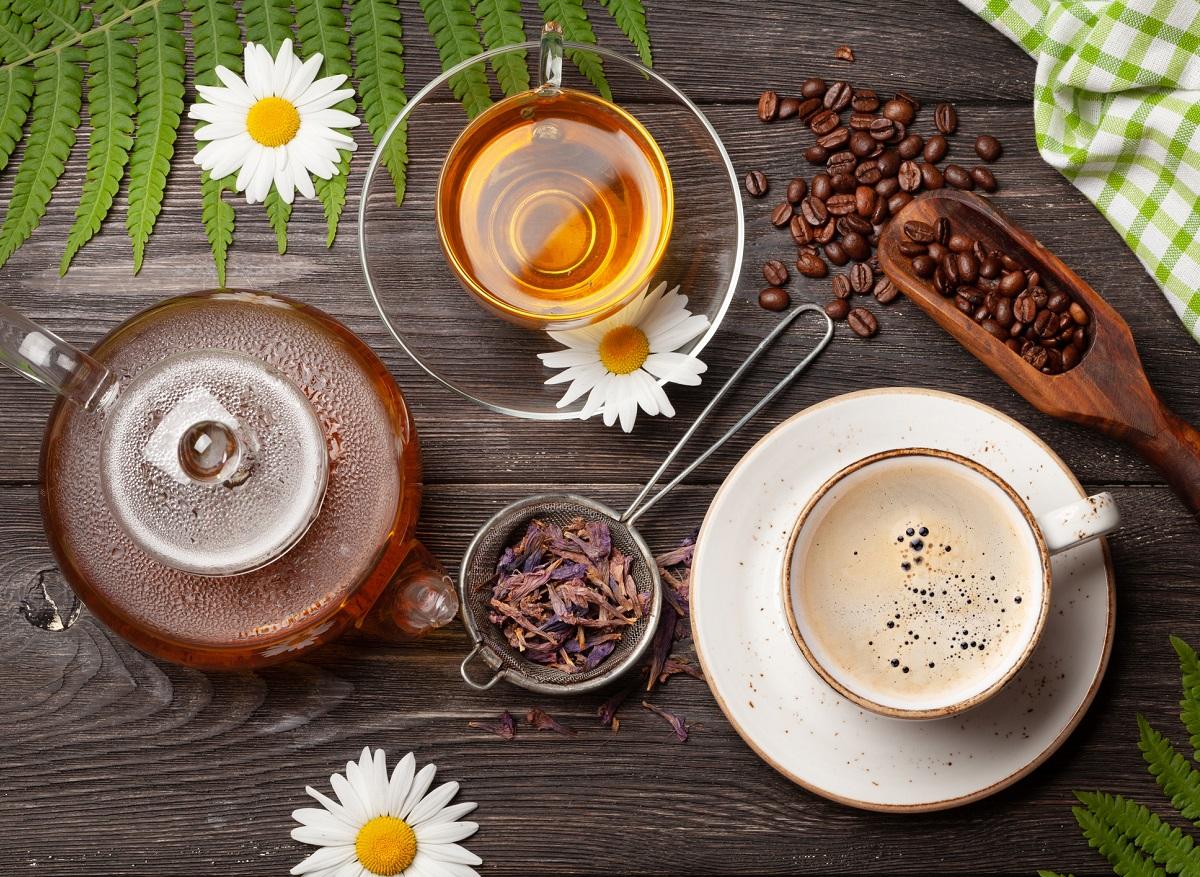
- Both drinks are rich in antioxidants, but they differ in their types. Tea, especially green tea, is rich in catechins, while coffee contains polyphenols.
- A cup of coffee contains an average of 95 mg of caffeine, compared to 35 mg for a cup of black tea.
- Coffee and tea cultivation have different carbon footprints, partly due to growing, processing and transportation methods. Choosing local or certified products can help reduce this impact.
Tea and coffee occupy an important place in our lives, whether it is to start the day or for a relaxing break. Each of these drinks has its own characteristics and benefits, influencing the preferences of millions of people around the world.
Health benefits
- Antioxidants: Both drinks are rich in antioxidants, but they differ in their types. Tea, especially green tea, is rich in catechins, while coffee contains polyphenols. These compounds play a crucial role in reducing the risk of chronic diseases.
- Caffeine: Coffee is known for its higher caffeine content, which can improve alertness and focus. An average cup of coffee contains 95 mg of caffeine, compared to 35 mg in a cup of black tea. For those sensitive to caffeine, tea offers a milder alternative.
- Effects on metabolism: Coffee may help boost metabolism and promote weight loss, thanks to its caffeine content. Green tea is also known for its beneficial effects on metabolism, thanks in part to a compound called epigallocatechin gallate (EGCG).
Flavor and preparation
- Flavor Variety: Tea offers a wide range of flavors, from light, grassy green tea to robust, malty black tea to fragrant teas like jasmine and Earl Grey. Coffee, on the other hand, varies by bean, roast, and brewing method, offering flavor profiles ranging from tart to chocolatey.
- Brewing Rituals: Brewing tea and coffee can be a ritual. Tea can be brewed with loose leaf, tea bags, or specialty infusions like matcha. Coffee can be prepared in many ways, including percolation, espresso, French press, or filter. Each method brings out different aspects of the coffee’s flavor.
Culture and habits
- Cultural influence: Tea and coffee have deeply rooted cultural roles. Tea is at the heart of traditions such as the Japanese tea ceremony or British afternoon tea. Coffee is central to coffee cultures such as in Italy, with espresso, or in street cafes in many countries.
- Timing of consumption: The choice between tea and coffee can also depend on the time of day and personal habits. Coffee is often preferred in the morning for its stimulating effect, while tea can be consumed throughout the day, including in the evening with caffeine-free varieties such as rooibos or herbal teas.
Environmental impact of tea and coffee
- Sustainable production: Sustainability is an increasingly important factor in consumer choice. Certifications such as fair trade and organic farming are available for both beverages, ensuring environmentally friendly practices and fair working conditions for producers.
- Carbon footprint: Coffee and tea cultivation have different carbon footprints, partly due to growing, processing, and transportation methods. Choosing local or certified products can help reduce this impact.
Choosing between tea and coffee depends on many factors, including personal preferences, caffeine needs, and health concerns. Each beverage offers a unique experience and distinct benefits. Whether you prefer the richness of an espresso or the smoothness of a green tea, the important thing is to savor these moments of pause and well-being.
In total
Both tea and coffee offer health benefits due to their antioxidants and ability to improve alertness. Tea generally contains less caffeine than coffee, which may be a benefit for some. Preferences between tea and coffee can vary based on personal tastes, cultural habits, and individual health needs.









